I recently read a post on the www.badders.com forum & responded with my badminton training recommendations. The following article details the full thread to date, including my responses which are in blue:
“Having just read the latest badminton magazines recommended pre-season training, I was wondering what peoples thoughts were? …if anyone knows where the information was sourced from (Author?)? if anyone has begun the described exercise sessions?
I’m curious as to what the top players weekly training load looks like…? intensities/durations, activities, regularity, on court, off-court, gym etc etc
Are any of the top English/Scottish boys and girls willing to shed some light as to proven training methods/drills to quickly develop the fitness levels necessary to compete with the Asians?
Are the top boys so fit they could complete the bleep test!!!??? strength to weight ratios? can the top boys squat 2xbodyweight!?! What’s the bench marks people, anyone?
Any inside goss on the activities and methods being used particularly by this ‘Lim Kenn’ fella, would be considered gold dust, considering he has defeated Ouseph in two and Ouseph is pushing the likes of Chen Jin lately”
My Initial Reply
You’ve raised a number of very important issues about training for top flight badminton.
Personally, I haven’t read the article but I am qualified to discuss fitness and training programmes as an advanced badminton coach.
The most important aspect of your thread is to realise this…to be as fit as the top Chinese athletes can not be achieved in a few short months. Remember, they have been training for years at extremely high levels, being consistently pushed to their limits.
A good training partner is usually necessary in order to ensure a high level of motivation and training discipline.
If you were starting from scratch, i would suggest a good few weeks building up your stamina and endurance, coupled with lighter weights to get your body used to new exercise. A good weight training program in conjunction with off court training and on-court training will then be required in order to develop your base level fitness.
Carefully monitor your results (write them down) so that you can continue to compare as you progress.
It’s vital that you also consider a strict eating program to run alongside your new training program, otheriwse you may not have the fuel to get the increases you require. Think about protein supplements and good recovery drinks to help. If you don’t know where to go to get this stuff, try www.maximuscle.com
I don’t get commission for mentioning Maximuscle I just know their products are the best and use them myself.
Remember also that stretching is an important part of training, not just warming up and cooling down. Some of the best training exercises for this can be found in marital arts books, but suggest you consult your personal trainer first.
There’s one area that will require a lot of work and that’s your core. I’m not just talking abs here although most people consider they are one and the same thing. A strong core will increase your ability to train and certainly increase your mobility on court.
Hope this helps you get started. If you want more help, try Jake Downeys books. Best of all, get a personal trainer form the gym to work with you and help you design a program.
Good luck to you
Paul Stewart
Advanced badminton coach in Cheshire and Lancashire
Forum Contributor Response
“i would agree with most of Paul’s comments above.
The advantage the Chinese have is their body is suited to the type of fitness badminton requires. We brits are not as genetically suited to badminton- height, weight, fat/muscle distribution, muscle fibre types, etc are all limiting factors- personally, i think these genetic traits are more of a limiting factor than have been recognised by badminton england and the sports science community- its not all about training, motivation and talent when it comes to success.
Also, protein supplements are not as essential as the advertisers would have us think. In fact, a normal balanced diet should provide adequate protein for growth and repair- even under pretty heavy training. Recent research has suggested only minor protein supplementation is required and certainly not the massive amounts provided in most ‘specialist’ products. Wieght lifters who consume 12 eggs for breakfast etc and nothing but chicken, beef and pork are just wasting time and money.
There are health risks associated with excess protein intake (where urea is a by-product of metabolism)- kidney stones and other renal damage to name two.
Interesting article though. The advice on interval training was good.”
My Reply
Yes, I initially agree about watching on the supplements. The difficulty with research though is that it’s not always as conclusive as it first appears. Possibly this is, in part down to who is sponsoring the research.
There is plenty of research to suggest that protein and recovery drinks can play a major part in muscle development and recovery. Let’s face it, making sure we have balanced diets should be easy. After all, it’s a learned habit. Realistically, this just doesn’t happen. People then commence training programmes and wonder why they don’t see the results they want. I would suggest that this scenario would fit a high percentage of cases.
I totally agree about genetics. The Chinese seem to be a race who have in-built lightning reflexes from a greater percentage of “fast twitch” muscle groups. That said, we all they can be beaten.
there is one aspect that we haven’t discussed yet and perhaps this also plays a major part in the story of why the Chinese dominate and we find it difficult to emulate. I believe we have to bring into question our backgrounds, wants, needs, fears and aspirations. Let me explain…
If you came from a poor background, earning £7 per week, starving most of the time and there was an opportunity to go to a training camp, leaving your family with one less mouth to feed, and the potential to provide a better home, income, etc would you take it?
This, over the years, has been a standard feature of the Chinese system. So what do we have to compare with the “hunger” of this potential champion? Nothing. And, by the way, there’s thousands of potential champions in their system. How many potentials do we have to choose from? How much training and court time do our players get compared with the Chinese? How many good training and practice partners do our players have compared to the Chinese?
I don’t know the answers to these questions, but I suggest – NOT ENOUGH
So, you see, you answers are always so much more complex. And, these are only a few of the answers to why we struggle to compete. They do not answer the question “what needs to change in order for England to dominate world badminton?” That, my friends may be the title for another thread and a potential storm of ideas. Mmmm, any takers?
To your success.
Paul Stewart
Advanced badminton coach for Lancashire and Cheshire




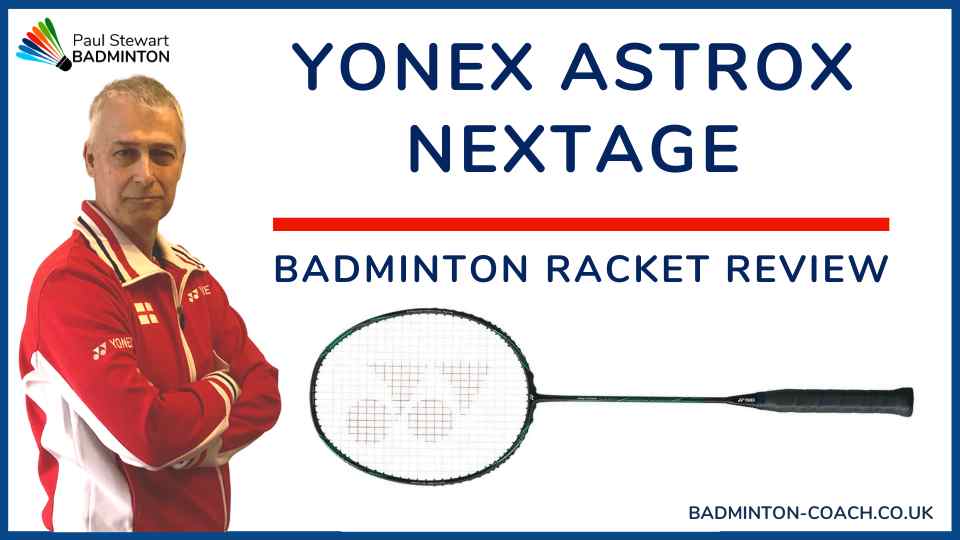
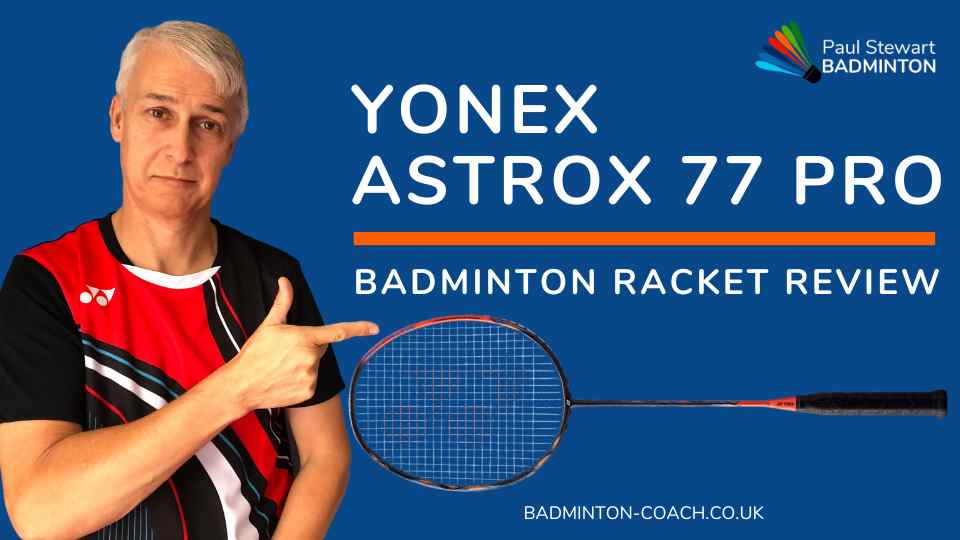
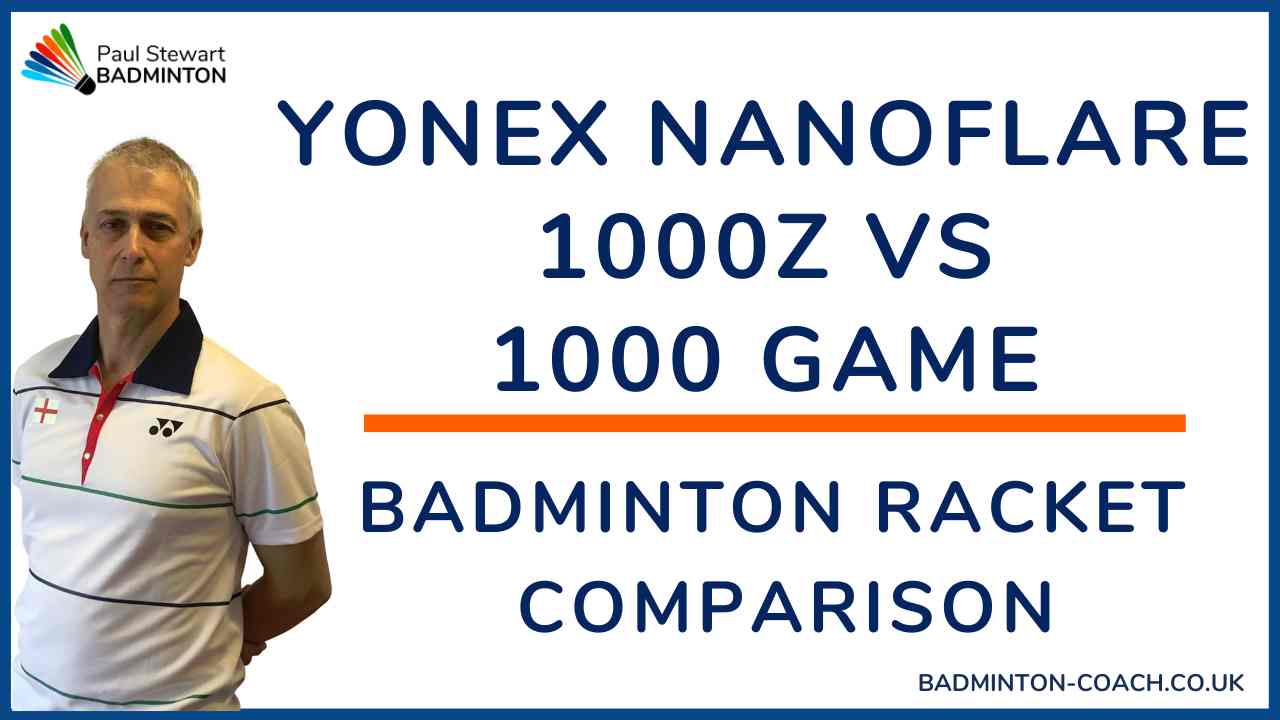
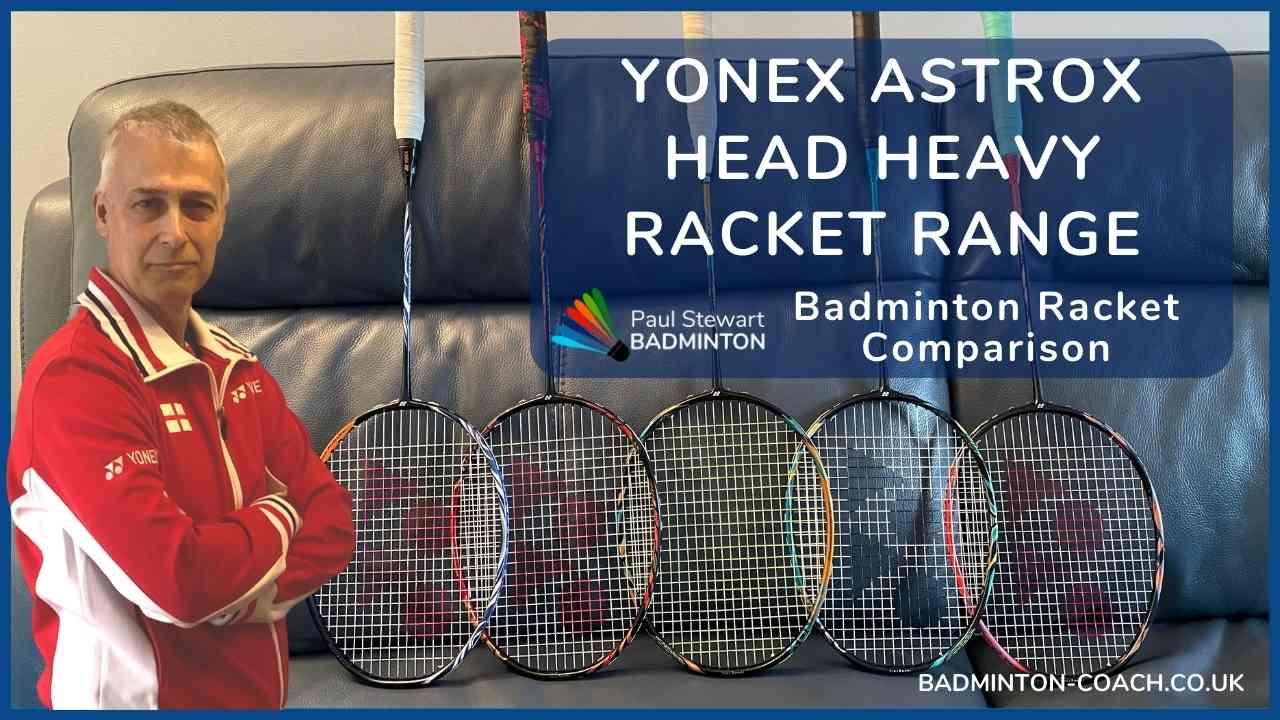

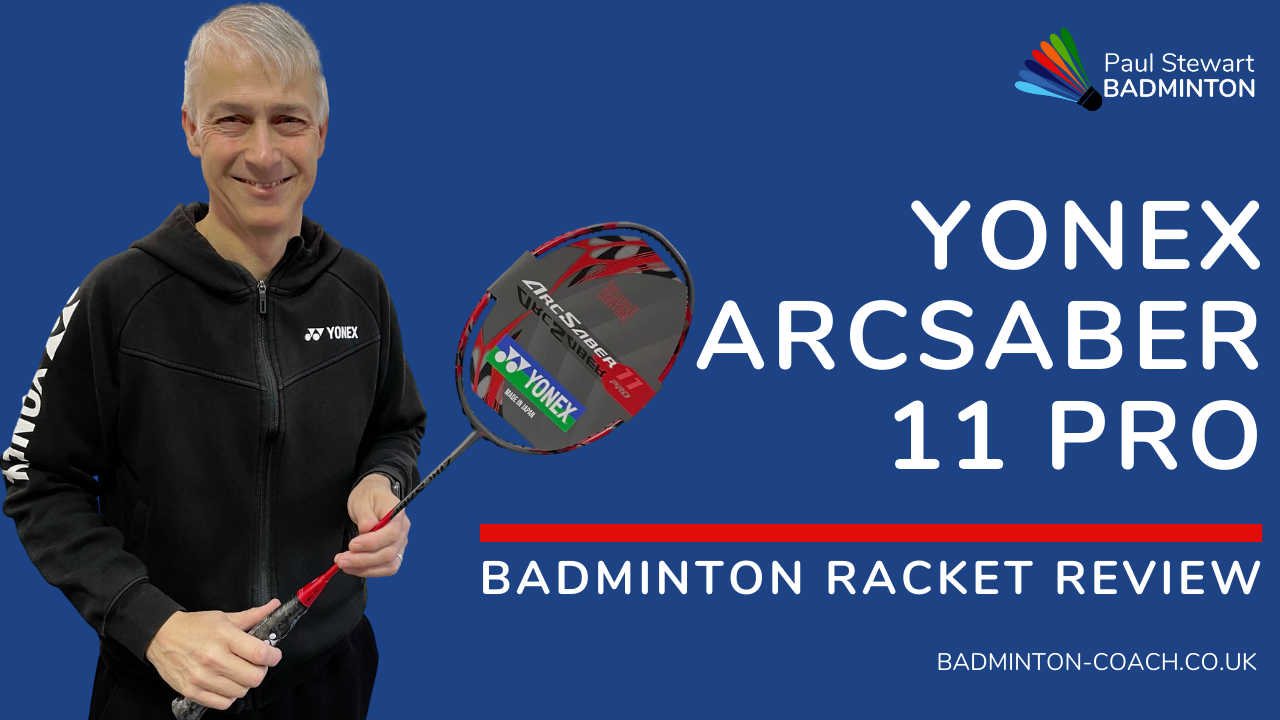
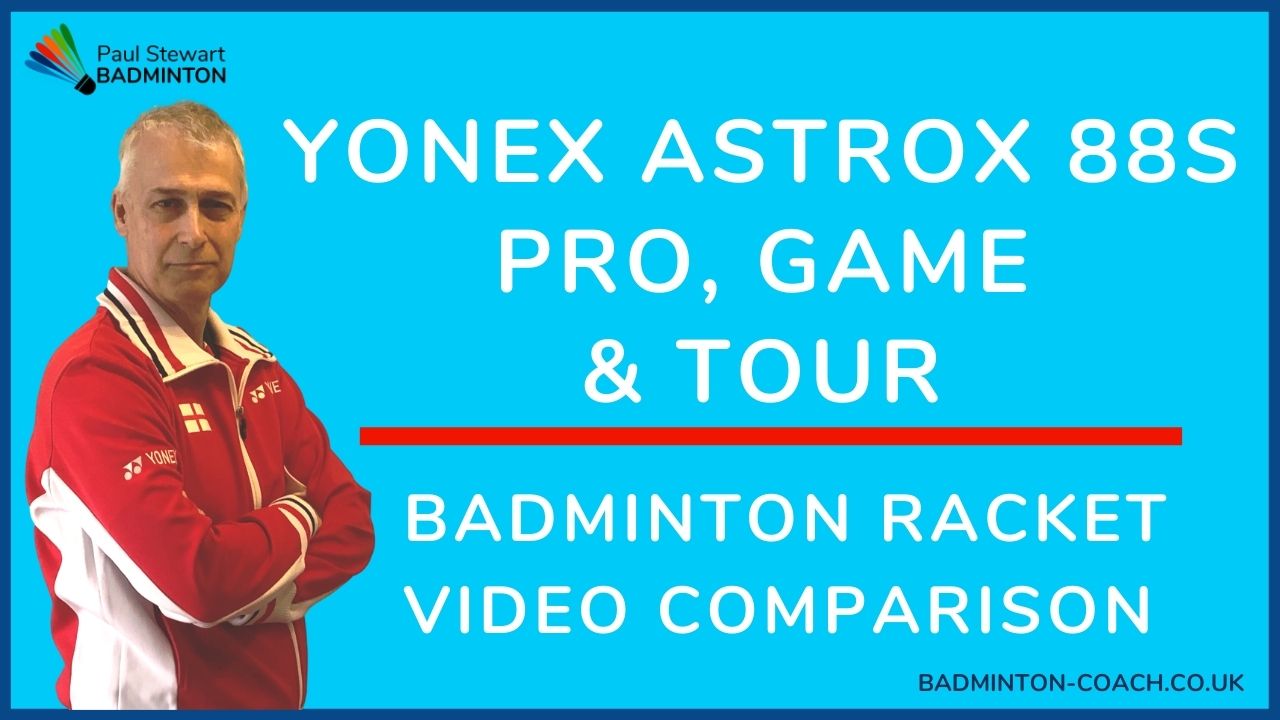
Leave A Comment
You must be logged in to post a comment.